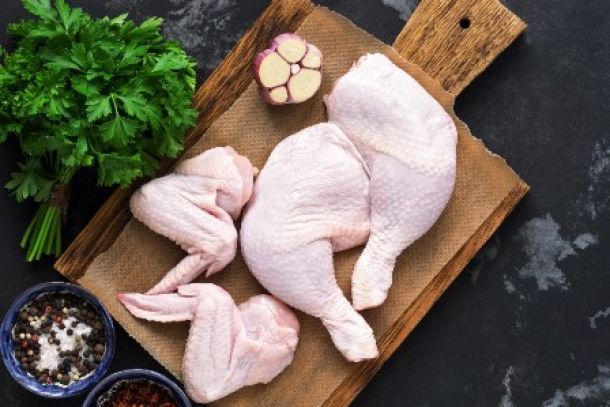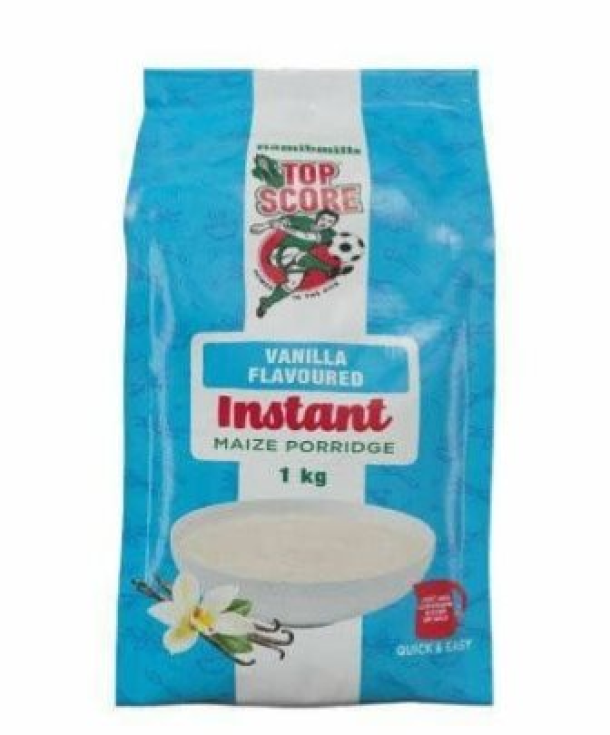
Food quality warning for South Africa
South African consumers are unhappy with the state of South African food due to the effects of load shedding.
PwC, in partnership with DataEQ, gauged the satisfaction levels of South African consumers in its South African Retail Sentiment Index, which tracked consumer sentiment across 1.5 million social media posts regarding the nation’s six largest grocery chains in 2022.
PwC noted negative comments about food quality amidst the increase in load shedding and positive feedback on pricing campaigns due to the rise in inflation.
In terms of food quality, retailers faced accusations of unethical behaviour due to the subpar quality, with health concerns regularly mentioned.
“The outlook for load shedding suggests that pressure on food supply chains — and, by implication, food quality and prices — will continue in the short term,” PwC said.
“Experts at the Energy Council of South Africa said earlier this month that they have a stage 4-6 outlook for load-shedding towards the end of 2023 followed by a more positive view on 2024.”
Food production and retail sectors will thus remain highly dependent on diesel generators to mitigate the effects of load shedding.
In addition, the El Nino weather phenomenon, which results in drier conditions locally, could also exert pressure on prices, even if the El Nino is less severe than the one in 2015/16.
Special items
However, shoppers were far more positive when it came to special offers due to the decline in real income.
“Against a challenging economic backdrop of elevated inflation and rising interest rates, consumers’ positive experiences and perceptions around pricing may seem surprising,” PwC said.
It added that retailers leveraged special offers and promotions to shift the narrative on pricing, particularly for essential items. Cooking oil, for instance, drove the increase in positive sentiment following a period of price volatility caused by the war in Ukraine.
“However, while special offers play a key role in driving positive sentiment around pricing, it should be noted that consumers still value the general affordability of products over special offers and campaigns,” it said.
Salaries and wages play a crucial part in the affordability equation and only increased by 4.0% on average in 2022 compared to average inflation of 6.9% – meaning that there was a 2.9% decline in real income.
Retailers are expected to continue their creative pricing strategies, as the expected 5.2% increase in salaries and wages in 2023 will not compensate for the projected average inflation rate of 6.0%.
“In the current economic climate, South African companies are struggling to pay higher remuneration to their employees. As a result, consumer buying power will again decline this year, albeit by a smaller margin compared to 2022.”
News Category
- International retailers
- On the move
- Awards and achievements
- Legislation
- Wine and liquor
- Africa
- Going green
- Supplier news
- Research tools
- Retailer trading results
- Supply chain
- Innovation and technology
- Economic factors
- Crime and security
- Store Openings
- Marketing and Promotions
- Social Responsibility
- Brand Press Office
Related Articles

Eskort is celebrating 107 years

UK poultry industry as exports to South Africa ...

Playful bubble tea shops launch in selected Che...

Consumer Commission launches investigation into...


